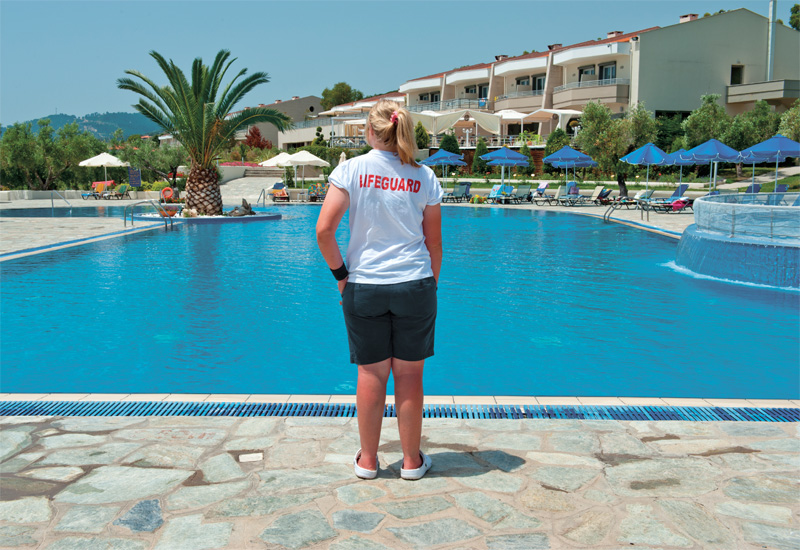Country-wide issue
Furthermore, Sharjah is not the only emirate where such tragedies have occurred over the last year.
In April a Russian tourist drowned near an Ajman beach. And even in the established tourism destination of Dubai, a guest drowned in the swimming pool of Oasis Court Hotel Apartments in Bur Dubai in November 2011.
The incident happened in the open-air pool of the hotel at around 6:20pm. According to the hotel staff, however, the lifeguard had left for the day at 6.30pm. The swimming pool is 19 metres long with a deep end of 2.5 metres, with no CCTV in the pool area.

| Advertisement |
At the end of the day, Zeidan said it was up to the management of every hotel to take responsibility for their guests’ safety.
“The emirates are collaborating well together and adapting very good international standards to safeguard tourists, they’re doing a good job. However, if we see these incidents occurring in the country it doesn’t mean the regulatory authorities aren’t doing their job, it’s how the people are complying with the laws and offering safe practice,” she concluded.
The story in short
While Sharjah’s tourism industry lags behind that of the more established emirates of Dubai and Abu Dhabi, the local authorities have taken steps to ensure best practice among its hotels, specifically in terms of pool safety.
However, several incidents of late are said to reflect the distinct lack of international chains in the emirate, which is dominated by independent properties with some operating under their own rules. Hoteliers say that it is difficult to police these individual properties.
The general consensus is that each hotel must take responsibility for the safety of their guests while at their pools or beach areas.
As more global hotel groups head to Sharjah over the coming years, it is expected that this will become the norm.









 Search our database of more than 2,700 industry companies
Search our database of more than 2,700 industry companies









